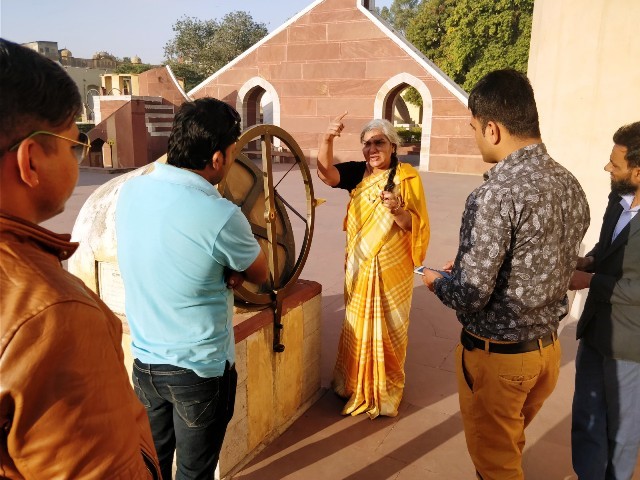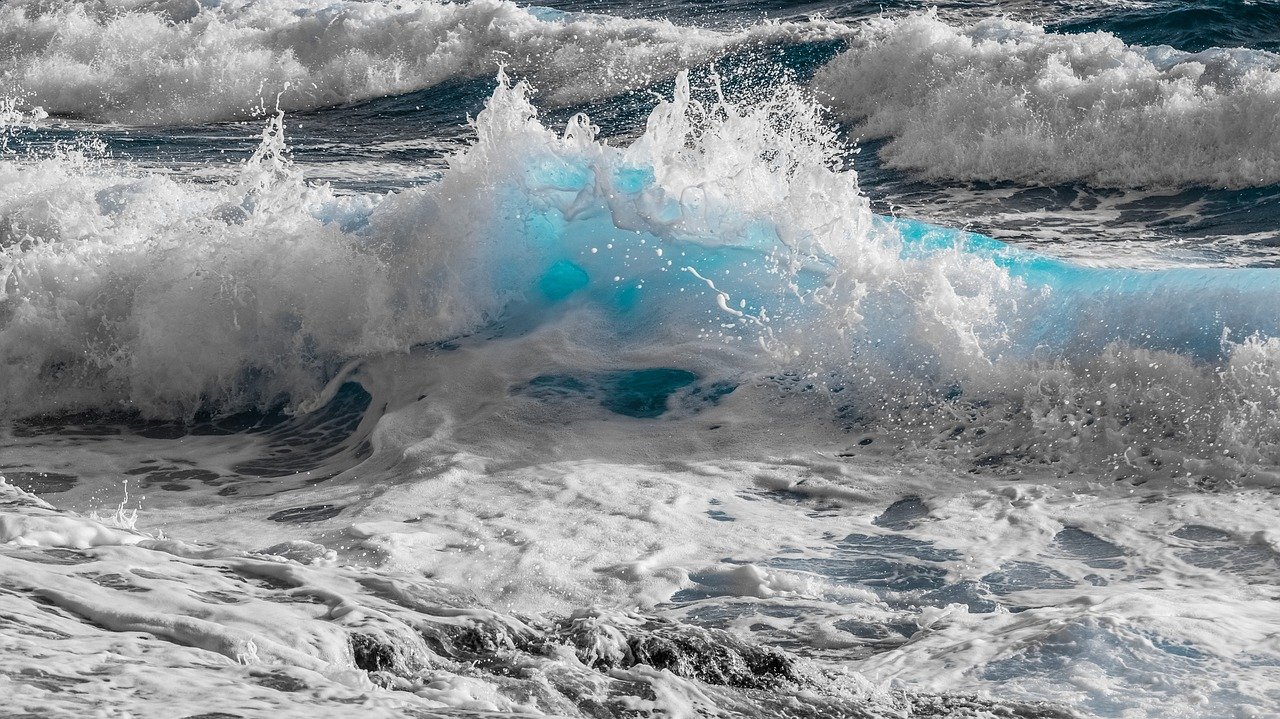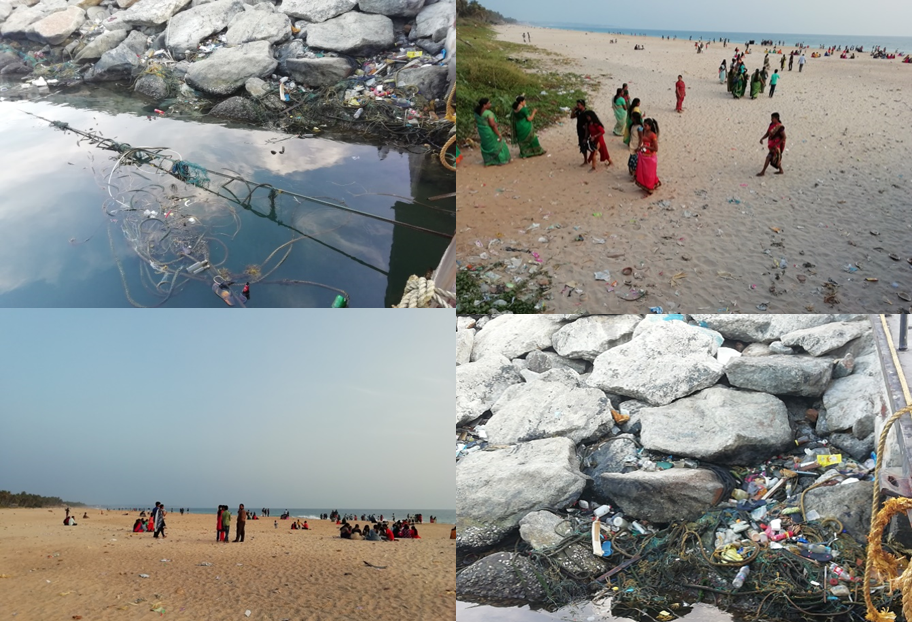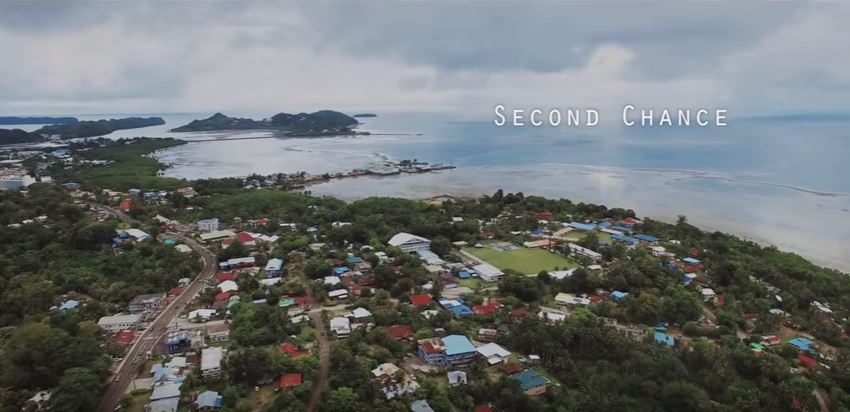The Jantar Mantar monument in Jaipur is a UNESCO world heritage site. It is an astronomical observatory built in the early 18th century by Rajput king Sawai Jai Singh II. It houses 19 astronomical instruments made out of masonry, stone, and brass.
The monument expresses architectural innovations as well as the coming together of ideas from different religious and social beliefs in 18th century India. The observatory is an example of the Ptolemaic positional astronomy shared by many civilizations. The monument is a must-visit place in the itinerary of any visitor to Jaipur.
With a view to helping disseminate unique features of the monument and the science behind astronomical observations in a more effective manner, Astronomical Society of India (ASI) organized a two-day workshop on Thursday and Friday for tourist guides operating there. ASI’s Public Outreach & Education Committee (ASI-POEC) conducted it in association with Dronah Foundation, an NGO working in the area of heritage conservation.
The programme included lectures on basic concepts of positional astronomy and detailed mathematics behind various astronomical instruments held at Birla Auditorium in the center of the city, followed by a hands-on session at the monument.The guides were encouraged to take readings from various instruments. About 50 guides participated.
It was conducted by Dr. N. Rathnashree, Director, Nehru Planetarium, Delhi, Dr. Aniket Sule of Tata Institute of Fundamental Research’s Homi Bhabha Centre for Science Education, Mr. Alok Mandavgane from Aryabhat, Bhopal and Dr. Mukesh Sharma, a traditional scholar from Jaipur.
The workshop was followed by the release of a set of activity sheets designed for visitors to Jantar Mantar. The activity sheet set is designed to encourage visitors to use the instruments and record their own observations. There are separate sheets for each instrument. The visitors can send their observations to Nehru Planetarium, Delhi by email (nehruplanetarium@gmail.com).
The training session was organized as a satellite event for a global symposium held by the International Astronomical Union (IAU) here to take stock of the status of studies across the world on the different aspects of the solar cycle and the way forward. (India Science Wire)
By Sunderarajan Padmanabhan
For the latest Science, Tech news and conversations, follow Research Stash on Twitter, Facebook, and subscribe to our YouTube channel



